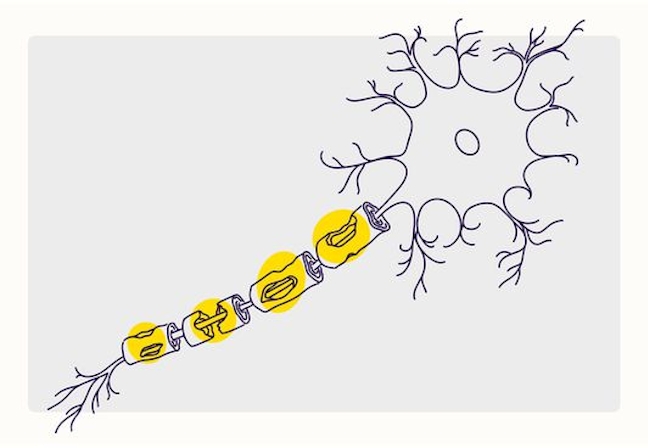
5 Common Conditions You Didn’t Know Cannabis Can Treat
Here are five stubborn conditions that cannabis is known to relieve.
The cannabis plant is miraculous. Throughout recent years, researchers have verified that cannabis can be used to treat various conditions and illnesses.
In fact, cannabis can completely eliminate or limit the major symptoms of many common illnesses and conditions. The plant has been shown to reduce the sensations of pain, amongst other properties, while improving one’s quality of life through mental and physical relaxation.
If you’re interested in knowing the true potential of cannabis, read on to learn more about 5 common conditions you didn’t know cannabis could treat.
Cancer

While research is limited regarding the effectiveness of cannabis treating cancer itself, the plant has been shown to wildly reduce the symptoms of cancer, radiation, and chemotherapy.
Cancer patients struggling with nausea and loss of appetite can greatly benefit from cannabis. The plant has been proven to stimulate an appetite and relax the stomach muscles, promoting feelings like hunger and general relaxation. Furthermore, cannabis may help reduce the intense pain that comes with cancer treatment.
Epilepsy
Cannabis for epilepsy is perhaps the most impressive. Immense evidence suggests that cannabinoid therapy may be the most effective treatment available for epileptics.
It works by negating seizures and limiting their occurrence by modulating neuro-excitation (keeping neurons and synapses from getting overly excited, which causes seizures). Patients report weaning themselves off prescription drugs and still not experiencing seizures if they have access to medical marijuana.
Multiple Sclerosis

It has been shown that CBD (Cannabidiol) helps treat MS-like symptoms by preventing immune cells from mutating and attacking the insulating covers of spinal cord nerve cells.
In a study, mice with MS-like conditions (induced by partially paralyzing their limbs) were given injections of cannabinoids. The mice responded by regaining movement, twitching their tails, and walking normally again.
It was noted that the mice treated with CBD had much less inflammation in the spinal cord than their untreated counterparts. However, after significant damage to the myelin sheath, cannabis cannot help restore muscle function. Early detection is key to success.
Alzheimer's Disease
A study published in the Journal of Alzheimer’s Disease found that THC is effective in slowing the formation of beta-amyloid, the plaque that forms in the brains of Alzheimer’s disease patients that reduces their cognitive function.
After examining the effect of THC on beta-amyloid protein precursor cells, researchers noted at the 6, 24, and 48-hour marks that THC continually lowered beta-amyloid levels. This hints that cannabis could be a potential treatment for improving cognitive function in Alzheimer’s patients.
Attention Deficit Hyperactivity Disorder (ADHD)

One common ADHD symptom is distraction. Within the brain of someone with ADHD, they become overwhelmed with too much information that comes too fast. This phenomenon is caused by dopamine dysfunction.
Since researchers discovered the endocannabinoid system, many studies revealed that marijuana also modulates the dopamine system and, therefore, has a potential for ADHD treatment by releasing dopamine and decreasing over-stimulation in the mid-brain. Furthermore, marijuana holds a few benefits over its pharmaceutical counterpart, Ritalin.
Cannabis causes none of the unwanted side effects Ritalin is known for, including psychosis (abnormal thinking or hallucinations), difficulty sleeping, stomach aches, diarrhea, and headaches. In some cases, the use of Ritalin has led to death due to burst blood vessels, heart failure, and fever.
What this means is that with enough research and attention, marijuana could be used as a medicinal treatment for some of our most stubborn illnesses.
Herb Recommended Products:
READ MORE
